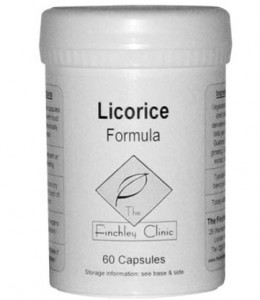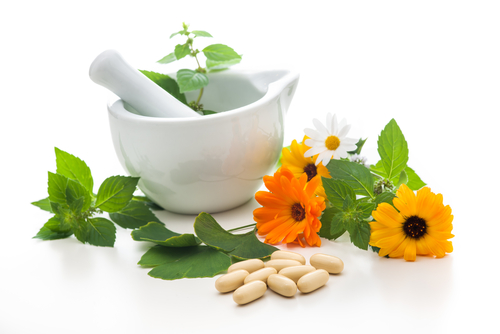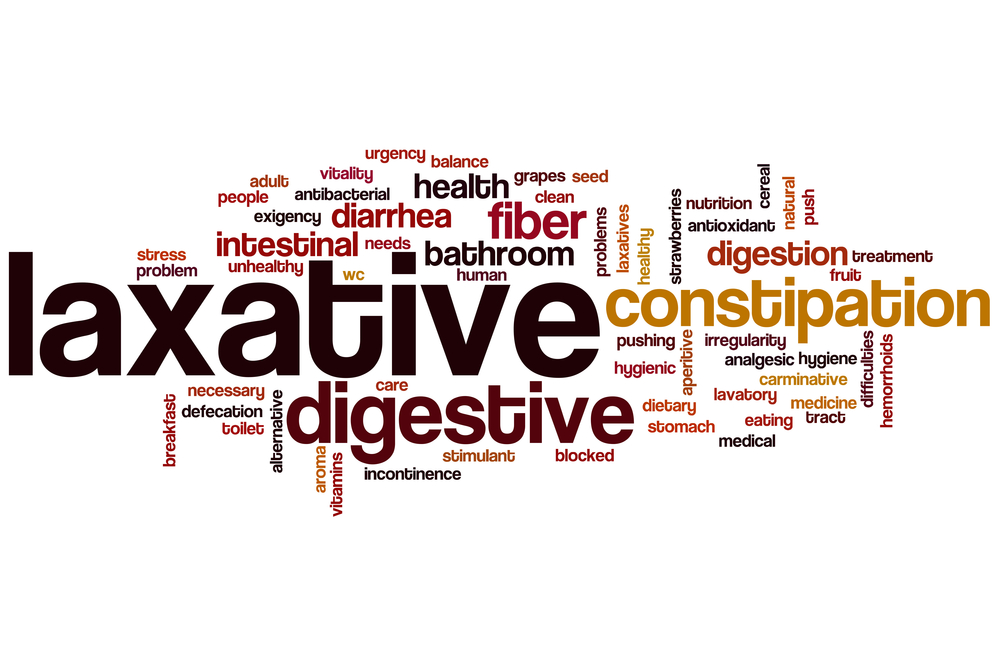Perhaps now more than ever before in history, millions of people across the world are living hectic, time-constrained lives. What’s the result of this? Increasingly so, many of us complain of being tired near constantly – not just mentally and because of too little sleep, but a more general, physical sense of fatigue.
Is this a construct of our minds because we’re working so hard and too often not getting enough sleep, or is there something more, something deeper to it? Scientific research hasn’t definitively backed it up so far, but it’s such a common complaint that a term has been coined for the condition – US nutritional specialist Dr James M. Wilson has called it ‘adrenal fatigue’1.
The adrenal glands and the endocrine system
Adrenal fatigue is inevitably associated with the adrenal glands. The human body has two adrenal glands, one of which sits atop one of our kidneys; the other atop the other. They’re a part of the endocrine system, which is responsible for the production of hormones. Other organs of the endocrine system include the pituitary, pineal, thyroid, thymus, pancreas and the testes/ ovaries. In turn, hormones, as you may well know, are critical among other things in regulating our growth, sleep, moods, metabolism and sexual development and fertility.
The thinking behind adrenal fatigue is that the functioning of the adrenal glands and the hormones they produce is disrupted. These hormones include steroids, cortisol and adrenaline. Obviously the functioning of the body requires these hormones to be produced and regulated correctly, otherwise our health is affected. In which case, adrenal fatigue suggests their disruption leads to symptoms such as poor sleep hygiene, increased food cravings (not least for sugar and salt) and regular physical lethargy.
Where does adrenal insufficiency fit into this?
When we’re talking about adrenal fatigue, it’s important not to confuse it with another established condition, namely adrenal insufficiency. The latter – a manifestation of Addison’s disease – similarly disrupts the work of the adrenal glands, but is specifically due to nutritional imbalances in the body and is often stress-related.
So how can you tell apart adrenal fatigue and adrenal insufficiency (Addison’s disease)? By the symptoms. The latter’s symptoms can to be far more dramatic and hazardous than those attributed to the former: fatigue, irritability, erratic energy levels, headaches, nervousness, anxiety, inflammation, weakened immunity, frequent respiratory infections, allergies, alcohol intolerance, anaemia, abdominal pain and diarrhoea. Conventional treatment of Addison’s often involves hormone replacement therapy (HRT).
How can you keep your endocrine system in balance?
So, unlike for adrenal insufficiency, you can combat adrenal fatigue and its systems by actively working to keep your endocrine system in balance. There are several ways to do this – and it would be smart to adopt as many of them as possible:
- eat well – try to avoid caffeinated drinks and foods, fruit juices, and alcohol; instead opt for natural foods with proteins and whole grains, as well as vegetables
- rest – plain and simple; especially if you’re experiencing sleep issues, give your body a break
- exercise – cortisol is produced by the adrenal glands when you feel stressed (and so possibly when you’re suffering from adrenal fatigue too) and drives up blood pressure, but when this occurs the glands may unhealthily pump out too much cortisol and push your blood pressure level too high; exercise is effective at decreasing cortisol levels2
- adrenal fatigue supplements – the following are available through The Finchley Clinic, all of which we advise you consider taking:
- Licorice Formula or Licorice Formula A (the latter contains damiana as opposed to the guarana and Korean ginseng found in the former; thus Licorice Formula A may be better for those that find guarana/ Korean ginseng over-stimulating)
- NADH (nicotinamide adenine dinucleotide hydride – the active coenzyme form of Vitamin B3)
- Adrenal Support(a proprietary blend of extracts from adaptogenic plants schisandra, astragalus, snow rose, ginseng and rhodiola)
Note: to promote hormone balance naturally, best results may be achieved by combining one of these supplements with Vitamin C and Vitamin B Complex.
To close, consider these wise words from Dr James M. Wilson: “The cost of adrenal fatigue is untold in the loss of productive hours, creative ideas, sound business decisions and other intangibles such as happiness”. In short, it’s not an uncommon complaint at all – and can be combatted by following the steps outlined above, so why would you choose to battle on through life without doing so?
References:
1 Wilson, J. M. (2016). https://adrenalfatigue.org. Retrieved 9 May 2016, from https://adrenalfatigue.org/about-james-l-wilson-dc-nd-phd/
2 Alghadir, A. H. and Gabr S. A. (2016). https://nih.gov. Retrieved 9 May 2016, from http://www.ncbi.nlm.nih.gov/pubmed/26311923



.jpg)


